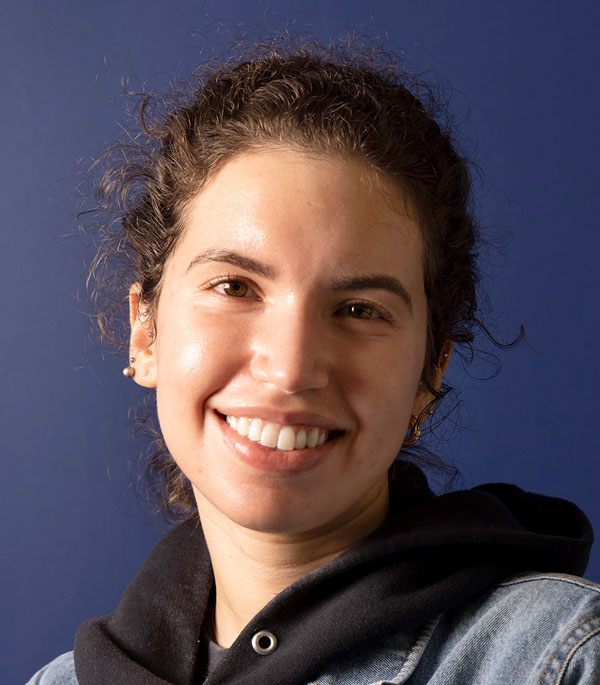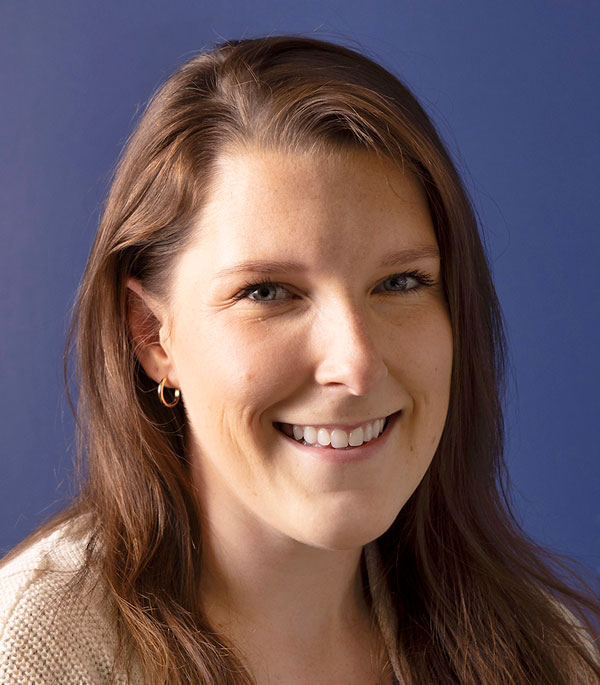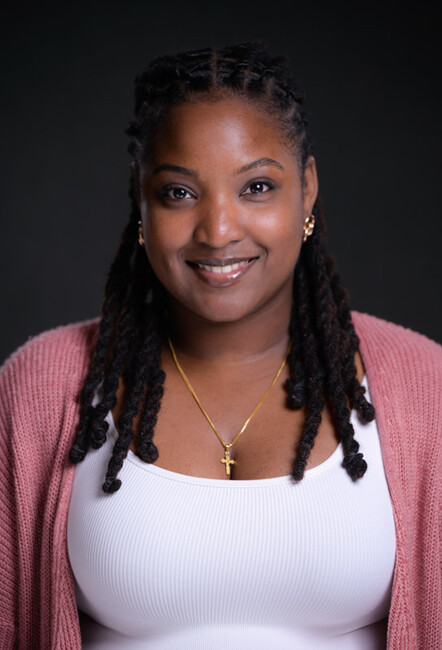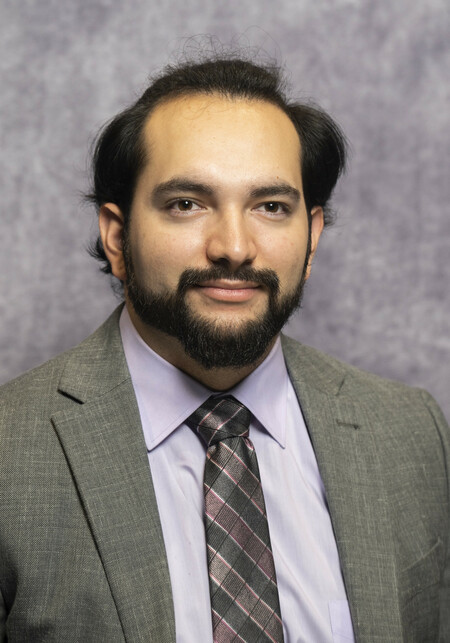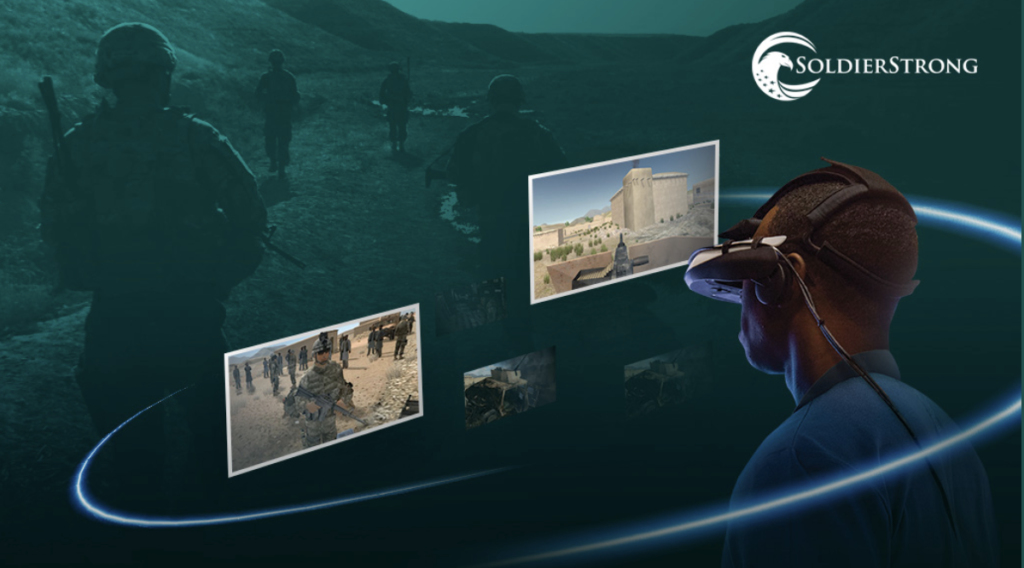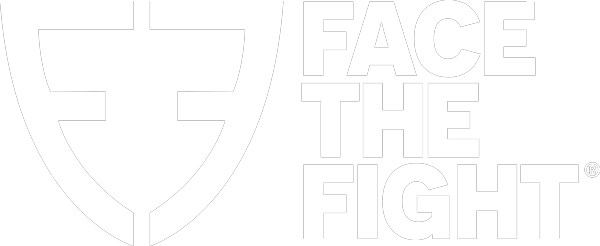SoldierStrong, a national nonprofit dedicated to helping military veterans take their next steps forward in life after service through the donation of revolutionary medical technology, announced the individual and corporate 2023 recipients of its annual Commitment to Service Award today.
The organization presents the Commitment to Service Award to individuals who have demonstrated exemplary and inspirational leadership and provided material support to SoldierStrong’s mission. Recipients leverage their talents and resources in an effort to elevate the standard of excellence in health care available to our nation’s veterans.
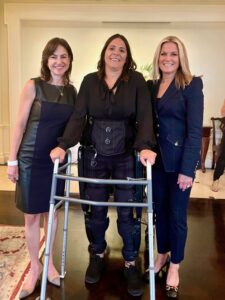 Sylvie Légère is a social entrepreneur, investor and philanthropist. She and her husband, Todd Ricketts, demonstrated their commitment and compassion for America’s veterans by donating a robotic exoskeleton to SoldierStrong in 2021. Thanks to their generosity, SoldierStrong was able to ensure that paralyzed veteran Tyler Densford could walk again and enjoy a higher quality of life. In 2022, SoldierStrong was thrilled to welcome Mrs. Légère to its advisory board, a position she has since used to further raise awareness about its mission.
Sylvie Légère is a social entrepreneur, investor and philanthropist. She and her husband, Todd Ricketts, demonstrated their commitment and compassion for America’s veterans by donating a robotic exoskeleton to SoldierStrong in 2021. Thanks to their generosity, SoldierStrong was able to ensure that paralyzed veteran Tyler Densford could walk again and enjoy a higher quality of life. In 2022, SoldierStrong was thrilled to welcome Mrs. Légère to its advisory board, a position she has since used to further raise awareness about its mission.
“Sylvie has long focused on developing innovative solutions that unite people for the common good, which is at the very core of SoldierStrong’s mission. It takes innovation and a willingness to make an investment in the common good for Americans to give back to our nation’s heroes in a manner that will truly change lives. Sylvie has demonstrated that consistently through her commitment to veterans. I am incredibly grateful to Sylvie for leveraging her voice and passion for the power of advanced technology to enhance the lives of veterans,” said SoldierStrong co-founder and chairman Chris Meek.
Beyond her philanthropic efforts, Légère co-founded The Policy Circle in 2015 and serves as its board chair. The nonprofit, non-partisan organization is designed “to educate, engage and empower women to be a force for positive change in their communities.” The organization emphasizes “fact-based civil discourse” as a preferred approach to productive civic involvement and change, and encourages members to “go beyond the headlines and take ownership of the issues.”
Légère is a Québécoise by birth, but American by naturalization. She earned a bachelor’s degree in management information systems from the University of Ottawa and a master’s degree in computer science with a specialization in the learning sciences from Northwestern University. She recently published her first book, Trust Your Voice: A Roadmap to Focus and Influence and is a frequently sought-after speaker focused on leadership and civic engagement. A healthy living advocate, Légère enjoys running, cycling, camping, and traveling with her husband and their three children.
“I am honored to receive the 2023 SoldierStrong “Commitment to Service Award.” While I am not one to seek the spotlight or accolades, receiving this award from SoldierStrong is meaningful to me. Supporting SoldierStrong’s mission and sponsoring an exoskeleton has been incredibly rewarding, directly contributing to the empowerment of our injured veterans. Sharing this recognition with Brian Steorts, an esteemed Army veteran and founder of Flags of Valor, makes it even more special. His dedication and service are truly inspiring,” said Sylvie Légère.
She continued, “This award reaffirms my commitment to supporting our veterans. It’s a powerful reminder of our collective responsibility and the impact we can make together. SoldierStrong’s work in bringing transformative technology to those who have served is vital. It also aligns with my engagement with The Policy Circle to connect women in the military to their communities to uplift their civic engagement. Thank you for this honor. I am excited to continue our collaboration and help make a positive difference in the lives of our veterans.”
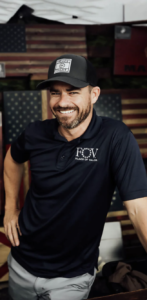 Flags of Valor is a patriot-owned and veteran-operated maker of handcrafted wooden custom pieces, in particular American flags, with a mission to bring American values to the forefront of everyday life. Its range of patriotic products are made in the United States and crafted to be passed on from generation to generation. Flags of Valor empowers veteran organizations, including SoldierStrong, by donating 10% of all proceeds to nonprofits making a difference in the lives of veterans.
Flags of Valor is a patriot-owned and veteran-operated maker of handcrafted wooden custom pieces, in particular American flags, with a mission to bring American values to the forefront of everyday life. Its range of patriotic products are made in the United States and crafted to be passed on from generation to generation. Flags of Valor empowers veteran organizations, including SoldierStrong, by donating 10% of all proceeds to nonprofits making a difference in the lives of veterans.
“It is an honor to present SoldierStrong’s corporate Commitment to Service Award to Flags of Valor and founder Brian Steorts for their steadfast commitment to give back to our nation’s heroes and the organizations that serve them. I admire Brian and his team for keeping veterans at the forefront of the work that they do. Their efforts undoubtedly inspire other entrepreneurs and businesses to find avenues in their own organizations to benefit our heroic veterans,” said Meek.
“It is with immense gratitude that Flags of Valor accepts the Corporate Commitment to Service Award from SoldierStrong. We are honored to be recognized by such a dedicated nonprofit, working hand in hand to make a lasting impact in the lives of our nation’s heroes. This recognition fuels our commitment to crafting symbols of patriotism, ensuring they not only honor our past but contribute to a brighter future for our veterans. Thank you, SoldierStrong, for your unwavering support and partnership in this meaningful journey,” said Flags of Valor founder Brian Steorts.
